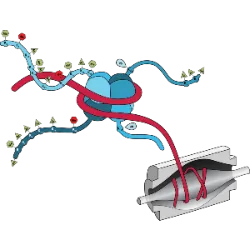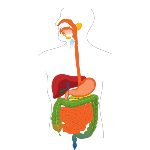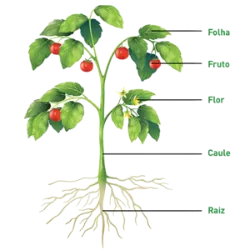Regulation of Gene Expression

The regulation of gene expression is a complex process that is fundamental to cellular control. Two key mechanisms for this regulation are epigenetics and post-translational modifications, which influence gene expression without altering the DNA sequence, ensuring precise adjustments to cellular functions.
Epigenetics involves changes to DNA or surrounding proteins, such as histone modifications and DNA methylation. Methylation can silence genes, while histone changes influence the structure of chromatin, making it more compact or accessible, directly affecting transcription. These processes are dynamic and can be influenced by factors such as diet and stress.
Post-translational modifications occur after the translation of RNA into proteins, altering their functions, localization or stability. Examples include phosphorylation, acetylation, methylation and glycosylation, which adjust protein activities according to cellular needs. Phosphorylation, for example, can activate or deactivate enzymes, while histone acetylation regulates access to DNA.
These mechanisms are crucial for cellular flexibility, adaptation to the environment and control of development, and are also involved in diseases such as cancer and neurological disorders.
Did you know?














